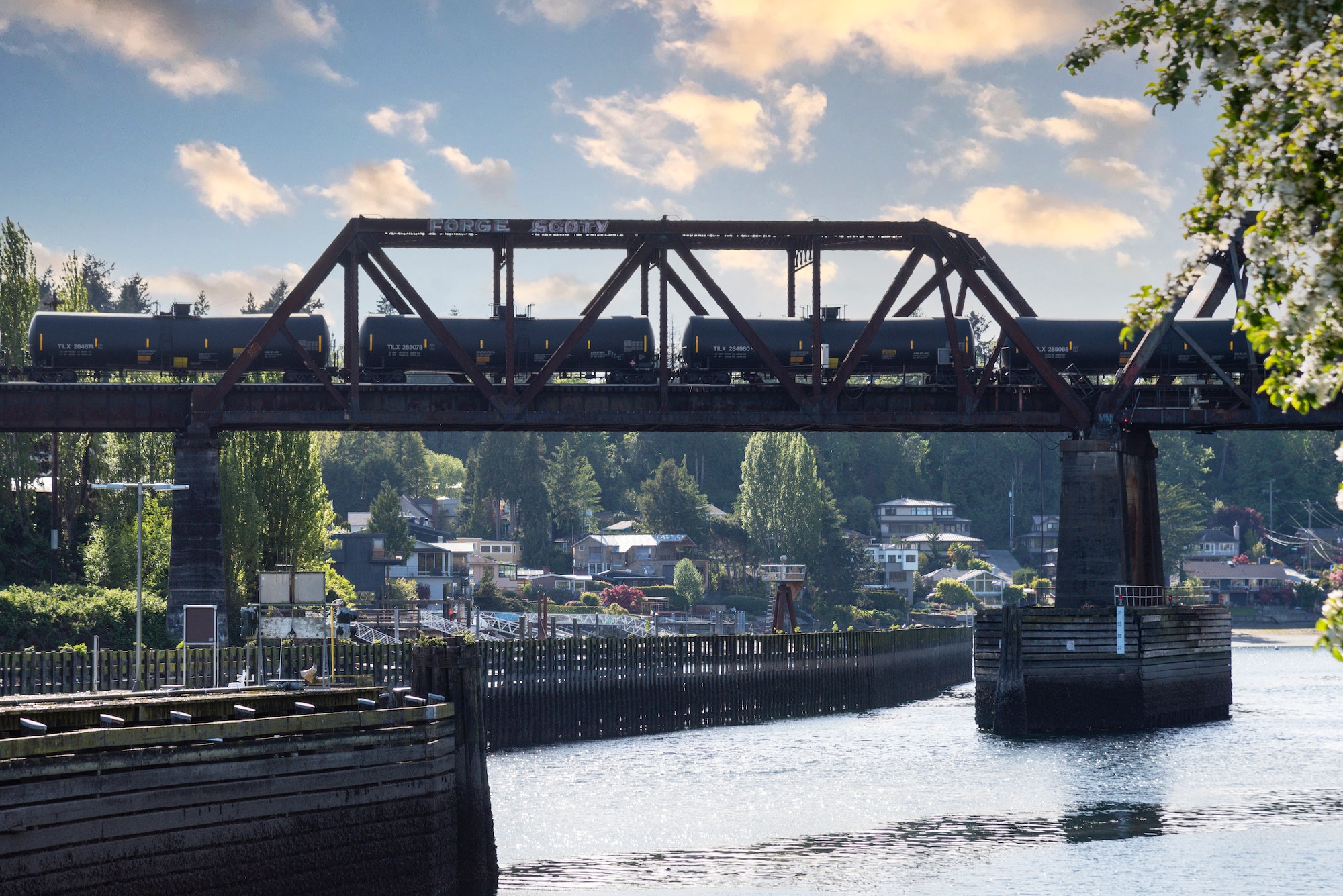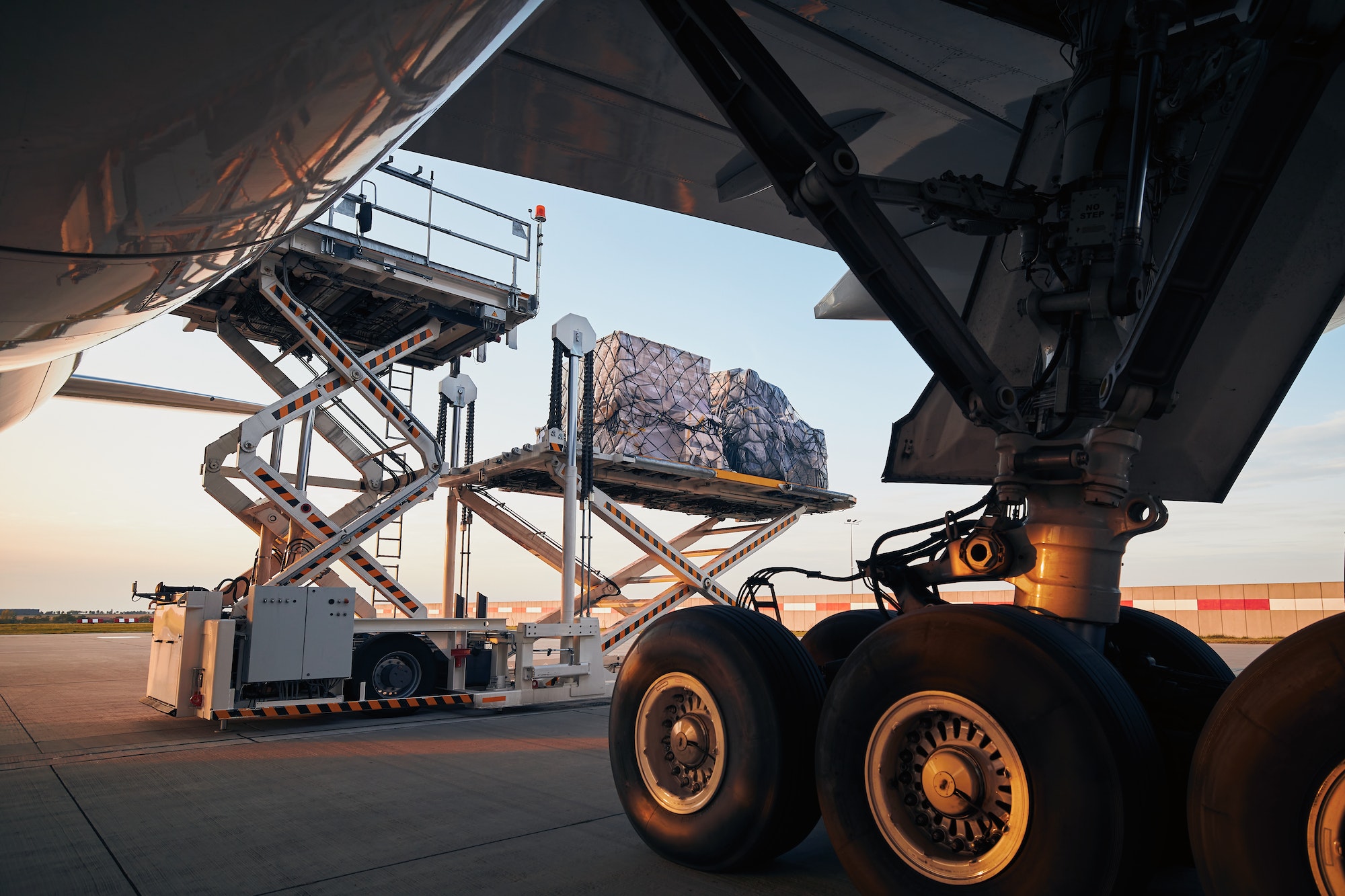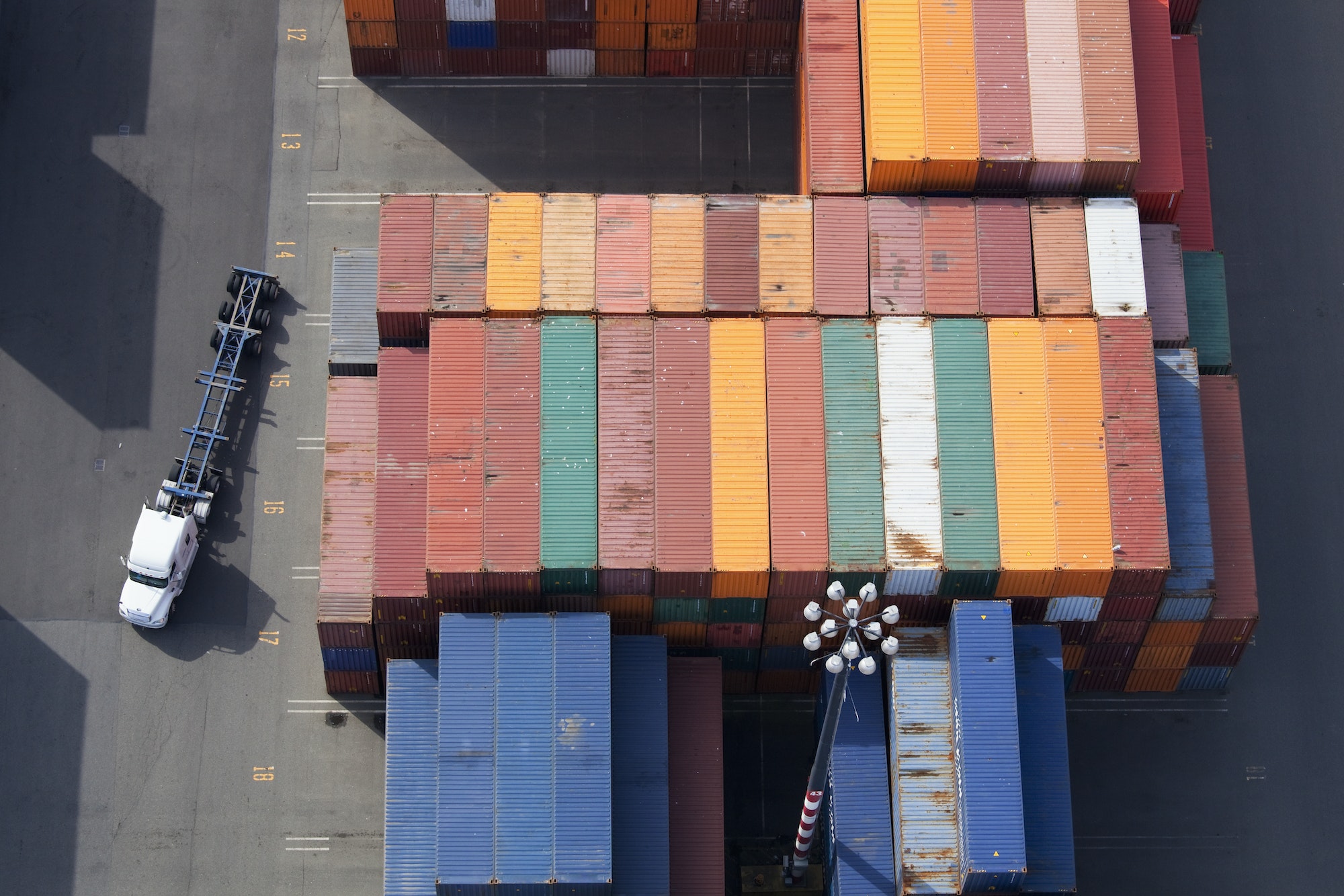
Welcome to PM Logistics Services, your trusted partner for all your drayage needs. We have over 50 years of experience in the shipping and logistics industry, and we are proud to offer the highest quality logistics services for commercial clients across the U.S.!


Logistics refers to the process of planning, coordinating, and executing the transportation, storage, and distribution of goods and services from the point of origin to the point of consumption. It involves managing the flow of materials, information, and resources in a timely and cost-effective manner to meet the demands of customers while minimizing waste and maximizing efficiency. The logistics process involves a wide range of activities, including transportation management, inventory control, warehousing, packaging, and order fulfillment. Effective logistics management is critical for businesses to ensure timely delivery of products to customers, reduce costs, and improve profitability.
When it comes to logistics services, it’s important to work with a professional company that has the expertise and experience to handle your transportation needs. PM Logistics Services is the industry leader in providing logistics services to local and commercial clients in Charleston, SC, and we understand the importance of timely and efficient delivery of goods. With our 50 + years of experience throughout the industry, you can have the piece of mind that you are in the right hands.
At PM Logistics Services, we understand the importance of timely and reliable shipping for businesses. That’s why we offer a wide range of logistics services to meet the unique needs of our clients. Our team of experienced logistics professionals works closely with our clients to create custom shipping solutions that are tailored to their specific requirements. Whether you need to ship a single item or a full truckload, we have the expertise and resources to get the job done right.
There are several types of logistics that businesses may engage in, depending on their specific needs and goals. Here are some of the main types:
This refers to the transportation, storage, and delivery of goods and materials from suppliers to the business.
This refers to the transportation, storage, and delivery of finished goods to customers from the business.
This refers to the process of managing the return of goods from customers to the business, including product recalls, repairs, or replacements.
This refers to the transportation and management of goods across international borders, including customs clearance, documentation, and compliance with international trade regulations.
This refers to the logistics involved in managing online sales and deliveries, including order processing, packaging, and last-mile delivery.
This refers to the management of inventory, storage, and distribution of goods within a warehouse or distribution center.
This refers to logistics practices that focus on reducing the environmental impact of transportation and logistics operations, including the use of sustainable materials, energy-efficient transportation, and reducing waste.
Logistics is the process of planning, implementing, and controlling the flow of goods, services, and information from the point of origin to the point of consumption in order to meet customer requirements.
The key components of logistics include transportation, inventory management, warehousing, materials handling, and information management. These components work together to ensure the efficient movement of goods and services.
Effective logistics management can lead to a range of benefits, including reduced costs, improved customer service, increased efficiency, and improved profitability. It can also help companies to gain a competitive advantage in the market.
Some common logistics challenges include managing inventory levels, optimizing transportation routes, dealing with unpredictable demand, and managing logistics partners and suppliers. Other challenges include navigating regulatory requirements and addressing environmental concerns.
Technology can play a key role in improving logistics management by providing real-time visibility into supply chain operations, automating processes, and enabling better decision-making. Technologies such as RFID, GPS, and advanced analytics can help companies to improve efficiency, reduce costs, and enhance customer service.